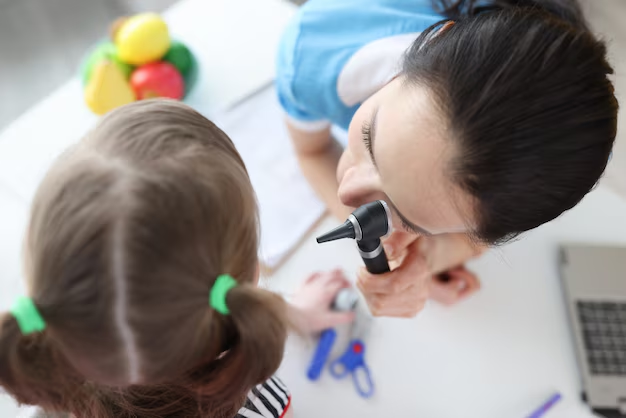How to Become a Speech Pathologist: Education and Certifications
Pursuing a career as a speech pathologist is a fulfilling path that combines a passion for language, communication, and assisting individuals in overcoming speech and language challenges. The journey begins with obtaining the necessary educational qualifications and certifications. Aspiring speech pathologists typically start by earning a bachelor's degree in communication sciences and disorders or a related field. Following that, a master's degree in speech-language pathology is essential, as it provides in-depth knowledge and clinical experience. For those looking to solidify their credentials further, obtaining a Certificate of Clinical Competence in Speech-Language Pathology (CCC-SLP) from the American Speech-Language-Hearing Association (ASHA) is highly recommended. Additionally, each state in the U.S. requires speech pathologists to be licensed, ensuring they meet regional regulations and standards for practice.
To excel in this profession, continuous learning through specialized certifications and engaging in professional development activities can be greatly beneficial. Whether it's through areas of pediatric care, aphasia, or fluency disorders, specialization can enhance a speech pathologist's ability to make impactful changes in their patients' lives.
Essential Pathways to Becoming a Speech Pathologist:
- 🎓 Bachelor's Degree in Communication Sciences and Disorders or a related field
- 🎓 Master's Degree in Speech-Language Pathology
- 📜 Certification: CCC-SLP from ASHA
- 🏛️ State Licensure specific to where you practice
- 📚 Continuing Education: Specialized training programs and certifications
By engaging in these educational pursuits, individuals lay a robust foundation for a successful career as a speech pathologist, empowering them to make meaningful contributions in the lives of those with speech and language challenges.
